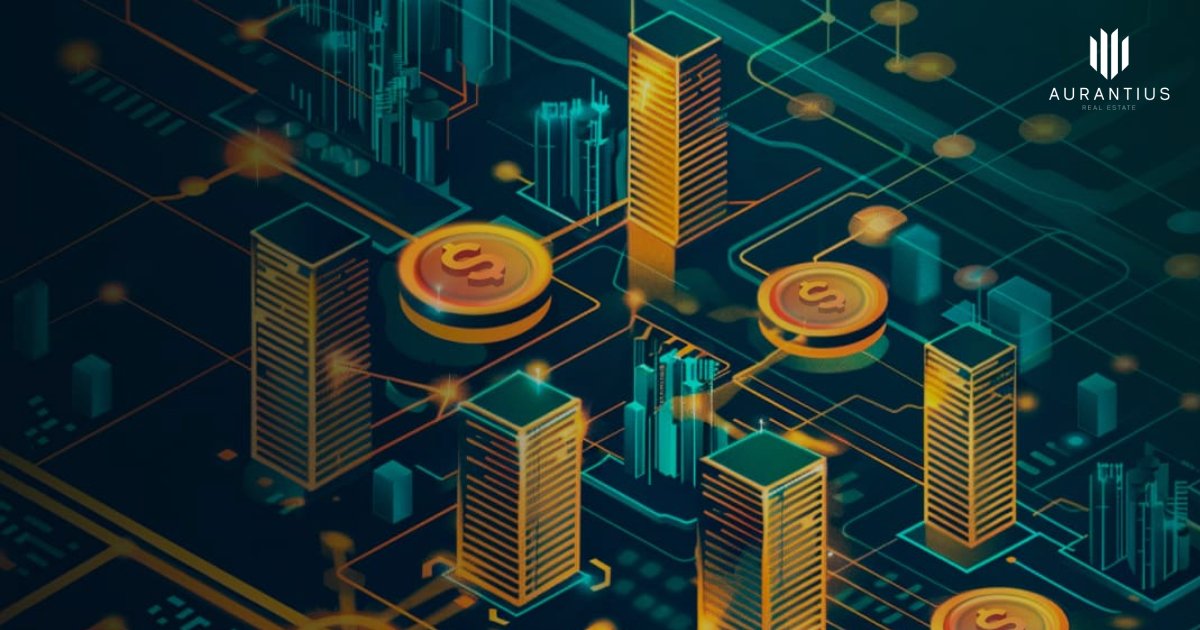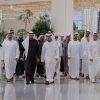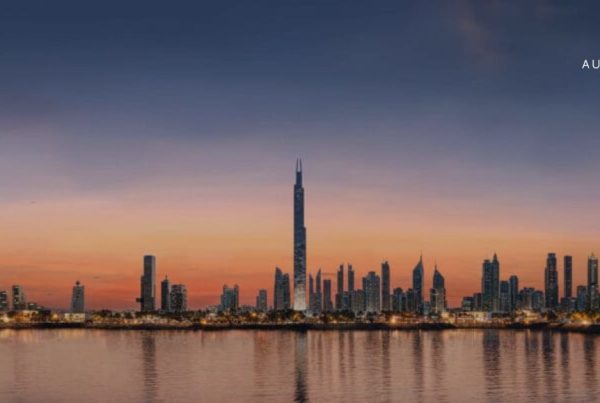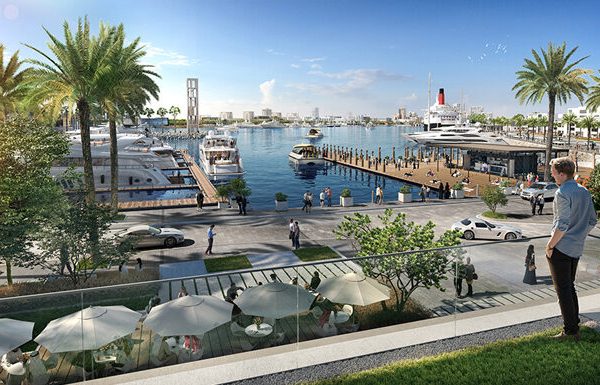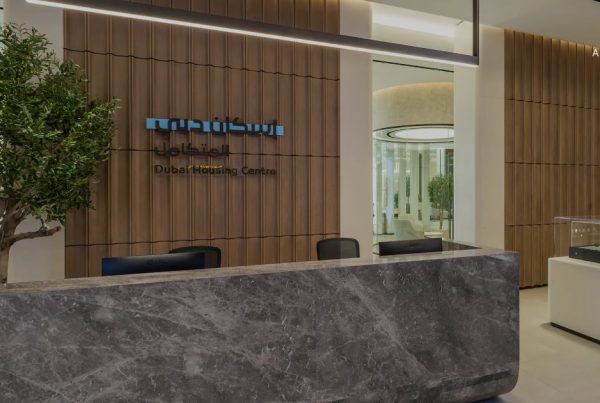Fractional Ownership and Tokenisation: Reshaping Dubai Real Estate Market
Dubai real estate sector has always been known for pushing boundaries, and 2025 marks another milestone with the rise of fractional ownership and tokenisation. These innovative models are revolutionising how investors access high-value properties, making the market more inclusive while aligning with Dubai’s vision to become a global hub for investment and innovation. By leveraging blockchain technology and advanced valuation systems, the emirate is setting global standards for transparency, accessibility, and investor protection.
Breaking Barriers: What Is Fractional Ownership?
Fractional ownership enables multiple investors to share the ownership of a single property by dividing it into fractions or digital tokens. This reduces the financial burden on any one individual while providing opportunities to invest in premium assets in Dubai Marina, Downtown Dubai, or Palm Jumeirah. For investors, this means lower capital requirements, more liquidity, and diversification across multiple projects instead of being tied to one high-value property.
Industry experts highlight that this model democratizes real estate investment, giving both local and international investors a chance to participate in Dubai’s booming property market. With regulatory support from Dubai Land Department (DLD) and the Virtual Assets Regulatory Authority (VARA), the framework for fractional ownership is designed to protect investors while opening new pathways to capital growth.
The Role of Tokenisation in Dubai Real Estate
Tokenisation goes one step further by converting property rights into digital tokens stored on blockchain platforms. Each token can represent a fraction of a property or a contractual right to rental income. This system improves transparency, increases liquidity, and makes the buying and selling of property shares faster and more efficient. Analysts note that tokenisation is gaining momentum in Dubai, especially across premium developments by top names such as DAMAC, Sobha, and Azizi.
The appeal lies in how tokenisation lowers entry barriers for investors worldwide. With ticket sizes as low as a few thousand dirhams, global investors can now own shares in luxury real estate in prime Dubai locations, tapping into rental yields and potential capital appreciation without the complexities of traditional ownership.
Technology and Transparency: The Ovaluate and PRYPCO Partnership
One of the most groundbreaking initiatives in this space is the partnership between Ovaluate and PRYPCO Blocks. Ovaluate, founded by Omran Yousef, has launched the UAE’s first AI-powered Automated Valuation Model (AVM) platform capable of instant, regulator-aligned property valuations. The system applies global valuation methodologies such as RICS and IVS while leveraging machine learning to ensure accuracy, even in complex cases like leaseholds and future developments.
PRYPCO, led by Amira Sajwani, integrated Ovaluate’s technology into its tokenisation platform, enabling instant valuations for fractional and full ownership properties in under 10 seconds. This collaboration ensures that investors receive data-backed, transparent insights, building confidence in Dubai’s evolving proptech ecosystem. Sajwani emphasised that accurate valuations are critical for market trust, reinforcing Dubai’s leadership in real estate innovation.
Benefits for Investors
The benefits of fractional ownership and tokenisation in Dubai are numerous:
- Accessibility: Investors can enter Dubai’s prime real estate market with smaller capital outlays.
- Diversification: Investors can spread their capital across multiple developments, reducing risk exposure.
- Liquidity: Tokenised shares can be traded more easily compared to selling a physical property.
- Transparency: Blockchain records ensure secure and verifiable transactions.
- Yield Potential: Investors earn proportional rental income from luxury assets in areas like Business Bay and Jumeirah Village Circle.
Regulatory Backing and Market Trust
Dubai’s regulators are central to making these models viable. Both VARA and the Central Bank of the UAE have mandated strict compliance with Anti-Money Laundering (AML) and Know Your Customer (KYC) rules. All conversions from cryptocurrency to AED must go through licensed entities, ensuring legitimacy and protecting investors. This regulatory clarity is what positions Dubai as a safe yet forward-thinking market for global real estate investment.
Omran Yousef also stressed the importance of setting national benchmarks for valuation platforms. Without strict standards, unqualified providers could misprice assets, destabilizing the market. By establishing regulatory frameworks, Dubai safeguards transparency while encouraging global participation.
Conclusion: A Global Benchmark in Innovation
Fractional ownership and tokenisation are not passing trends; they represent a structural transformation in Dubai’s real estate sector. With innovative platforms like Ovaluate and PRYPCO Blocks, strong regulatory frameworks, and robust investor demand, Dubai is building a property ecosystem that blends inclusivity with transparency. This shift aligns with the emirate’s broader vision of becoming a global leader in investment, innovation, and sustainable urban growth.
For investors seeking to explore fractional or traditional real estate ownership, visit Aurantius Real Estate for access to exclusive listings, market insights, and tailored opportunities in Dubai’s booming property sector.

